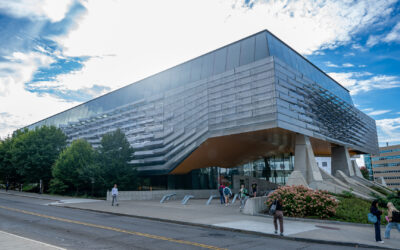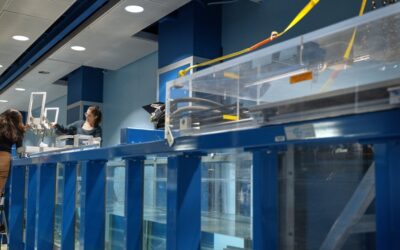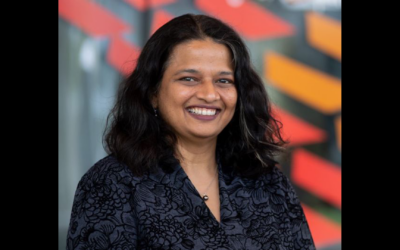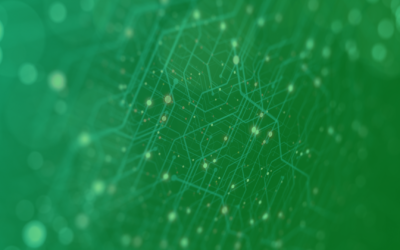Cornell faculty are invited to submit proposals for Thought Summits, a new forum designed to catalyze interdisciplinary research in data science and artificial intelligence (AI) and to position Cornell as a national leader in these rapidly evolving fields. Proposals will be accepted through June 16.
Cornell AI News
News Category
Filter by Topic
AI suggestions make writing more generic, Western
Artificial intelligence-based writing assistants are popping up everywhere – from phones to email apps to social media platforms.
But a new study from Cornell – one of the first to show an impact on the user – finds these tools have the potential to function poorly for billions of users in the Global South by generating generic language that makes them sound more like Americans.
Securing America’s AI Future: Cornell faculty offer recommendations for White House’s AI Action Plan
The US has led AI innovation; however, global competition, is rising. In response to a call from the White House regarding the future of Artificial Intelligence, faculty from the Cornell Ann S. Bowers College of Computing and Information Science and Cornell Tech...
2030 Project Fast Grant awards support energy systems of the future
Rachee Singh, assistant professor of computer science, and Emaad Manzoor, assistant professor of marketing, will design light-based, optical network fabrics that enable faster communication between GPUs and bypass bottlenecks caused by slower electrical connections.
Dean Kavita Bala shares Cornell’s approach to GenAI in 2024 AI Index Report
“When GenAI first came out a lot of discussion was around how students would use it to cheat and circumvent learning. This is a real concern. However, there is such a huge opportunity in using GenAI to improve and change what and how we teach. Recognizing that our students are going to live in an AI-enabled world, at Cornell we realized that we must change our curriculum to include GenAI in it.” – Kavita Bala, Ph.D., Cornell University, Dean Bowers College of Computing and Information Science and Lead Dean, Cornell AI Initiative
AI for Sustainability Visiting Professorship launches at Cornell
The AI for Sustainability (AI4S) Visiting Professorship has launched at Cornell, designed to bring faculty scholars from across the world to the university to tackle pressing global challenges in sustainability through the power of artificial intelligence.
Leading the charge in cybersecurity, trust, and safety
In an era where digital threats are ever-evolving, the need for advanced education and research in cybersecurity, trust, and safety is paramount. Cornell Tech’s new Security, Trust, and Safety (SETS) Initiative, a cutting-edge program aimed at revolutionizing these fields, aims to address these challenges head-on. The director of the SETS program, Google alum Alexios Mantzarlis, brings a wealth of experience and a vision to this critical endeavor.
Global AI among three projects funded to build better future
A multidisciplinary team aims to build a more inclusive AI shaped by global cultures and knowledge – one of three projects that make up Cornell’s new Global Grand Challenge: The Future.








